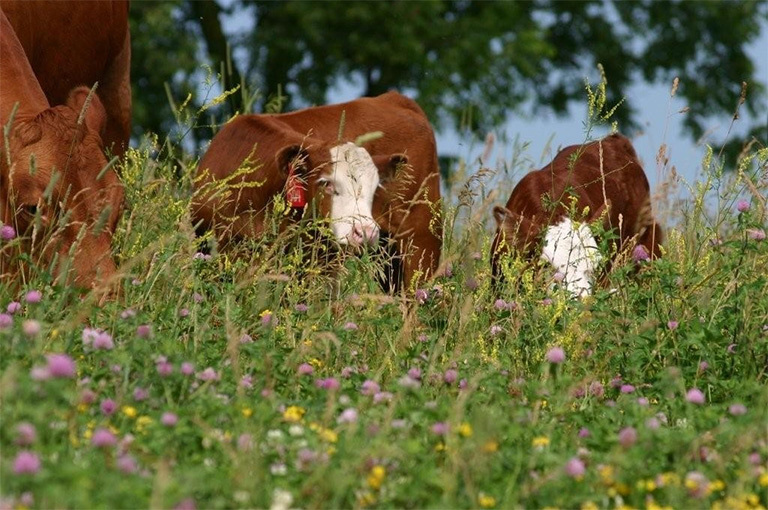Globally, more than 72 billion meat chickens (referred to as broilers) are slaughtered for meat each year. China is the highest producer of chickens (by numbers) accounting for nearly 15% of world production, followed by the USA and the EU.
More than 70% of broilers are raised in intensive farming systems where they are reared in overcrowded, dimly lit sheds that are barren except for water and food points, with no natural light.
Broilers have increasingly been bred for very fast growth, higher meat yield and feed efficiency which seriously affect their ability to walk and express natural behaviours, and can cause serious heart conditions and meat quality issues.
Moving away from fast growth rate breeds can have a significant impact on the wellbeing of chickens. Fast growing breeds are up to three times more likely to suffer from lameness and poorer physical condition than slower growing breeds. They spend most of their time inactive, unable to perform natural behaviours, such as perching, pecking, dustbathing, and have a more flat and stressed behaviour profile compared to slower-growing breeds which tend to be more happy and active.
But it’s not just chickens that are impacted. Antibiotics are routinely used to help chickens survive poor welfare conditions on factory farms, making them less effective for humans – a dangerous scenario for modern healthcare. impacting the efficacy of antibiotics in humans. Higher welfare systems and the use of slower growing breeds reduce the need for antibiotic use in animal farming.
Creating positive change through the Better Chicken Commitment
Compassion is working as part of an NGO coalition in the US and Europe calling on companies to sign up to the Better Chicken Commitment to make significant improvements in the rearing and slaughter of broiler chickens.
By signing up, companies commit to providing chickens with more space to live, and with natural light and enrichment for occupation. They also commit to ensuring slower growing breeds with proven welfare outcomes are adopted, as well as to humane slaughter without live inversion of the birds, and third-party auditing.
To date over 620 food companies have signed up to the Better Chicken Commitment. Our work with food companies led to 71 of these sign ups covering more than 1.5 billion chickens.
Visit the Better Chicken webpage to find out more.
